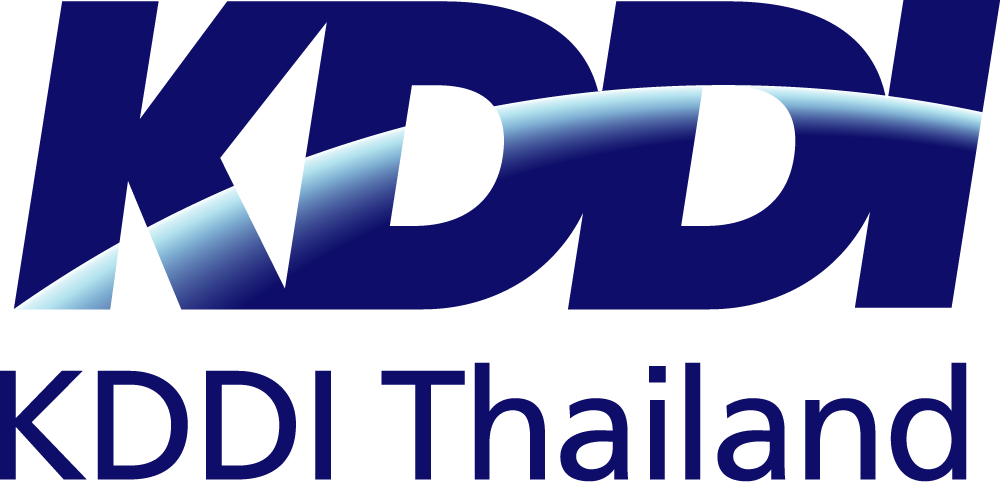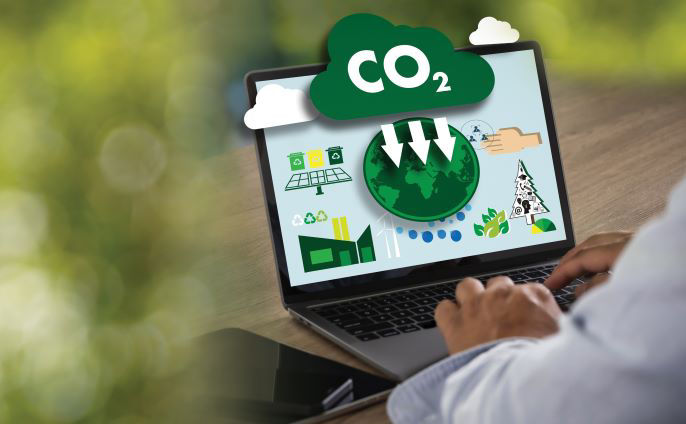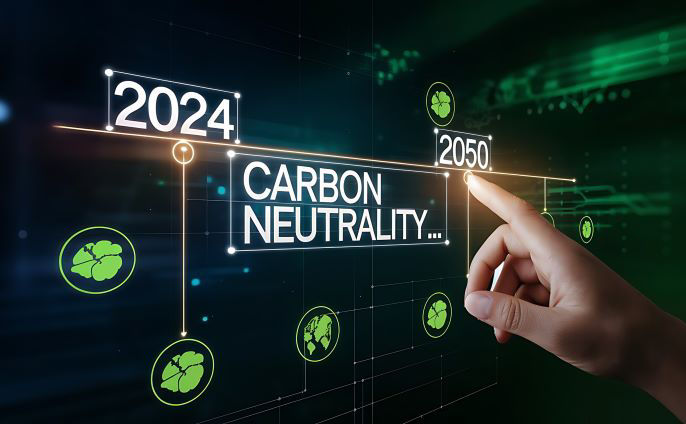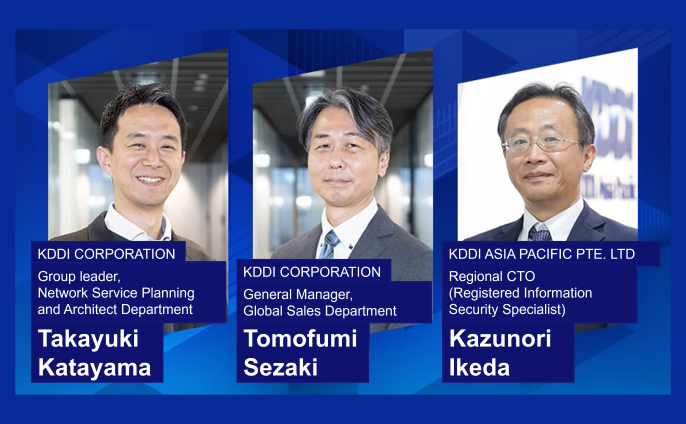To achieve carbon neutrality, regions and countries around the world have implemented a variety of measures. For example, the EU has adopted the “European Climate Law,” which legally mandates greenhouse gas reduction targets and enforces strict regulations. In contrast, the United States and the APAC region are taking more flexible approaches tailored to the specific needs of their industries and local conditions.
For companies to respond effectively to these international trends, it is crucial to accurately track CO2 emissions not only within their own operations but also throughout their entire supply chain. Delays in disclosing information or reducing emissions can expose companies to risks such as the suspension of transactions by partner firms. Therefore, prompt action is essential.
This article provides a detailed overview of how various countries are pursuing carbon neutrality. It also explains the risks associated with delayed action and outlines the measures that companies should take and can be used for reference.
































